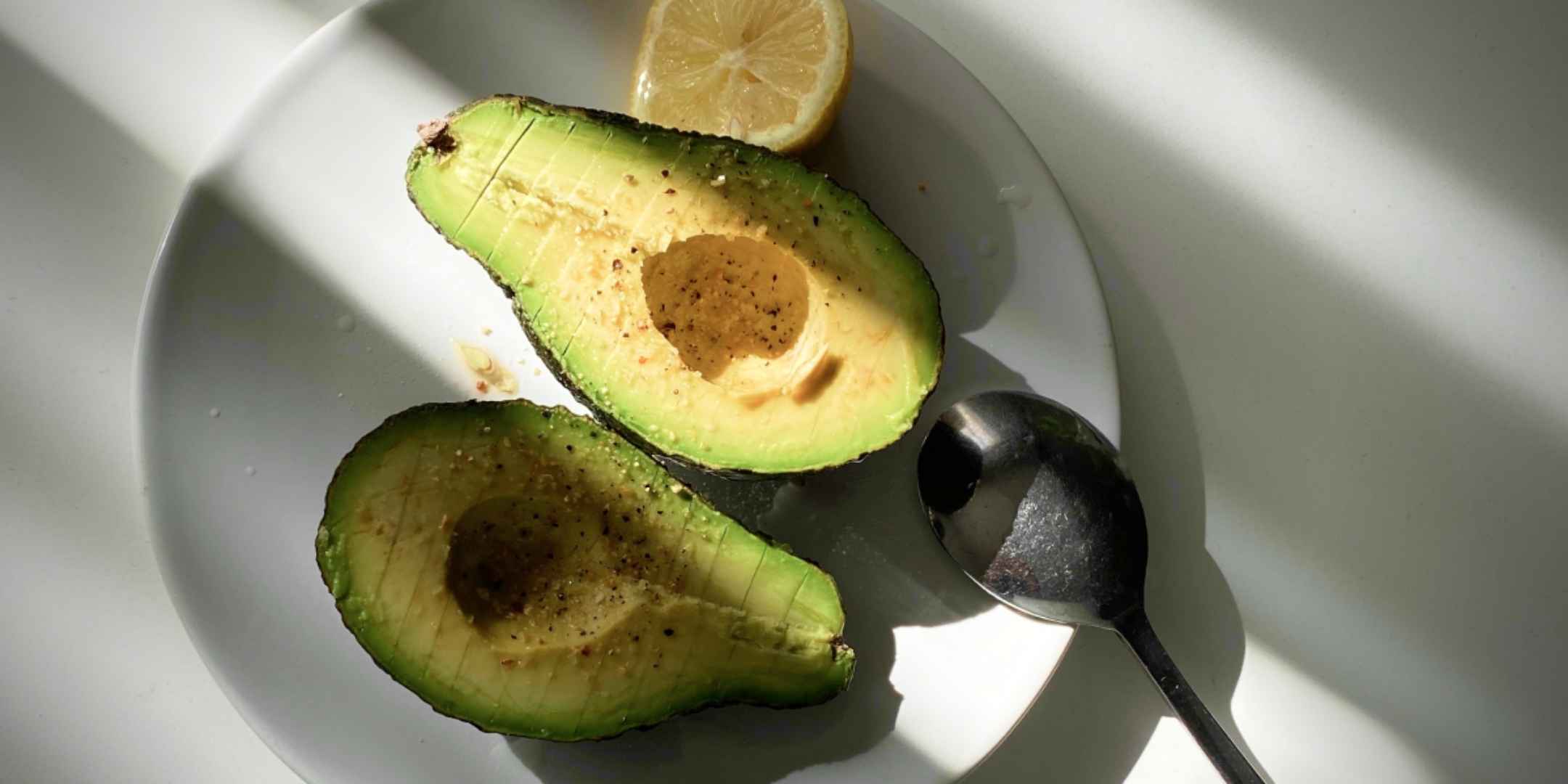December 16, 2020
•

But the latest science suggests that only looking at cholesterol misses out on other essential factors for your heart health - especially how your blood fat levels change after you eat.
Our PREDICT study shows that blood fat responses after eating vary hugely from person to person.
We talk to our blood fat expert, Dr Sarah Berry from King’s College London about the latest science on cholesterol and blood fat. And we find out why understanding how your body responds to fat is important for your cardiovascular health.
Cholesterol and triglycerides are both lipids. These molecules can't dissolve in water, so they have to be transported around your blood in molecular packages called lipoproteins, which can vary in composition, size, and shape, and have different effects on your health.
Cholesterol is a type of fat that is mostly produced by your liver, while relatively small amounts come from the foods we eat.
Although it has gained a reputation as a nutritional ‘villain’ over the years, we actually need a certain amount of cholesterol to stay healthy. Cholesterol helps to build the membranes that surround all our cells, and is an essential component our bodies need to make hormones and vitamin D.
There are two types of cholesterol:
Cholesterol levels are widely used as an indicator of heart health, and can be measured through a simple blood test.
If your ‘bad’ cholesterol levels are too high, it can cause fatty deposits in your arteries, making it difficult for blood to flow and increasing your risk of heart attacks, strokes and damage to the legs or arms (known as peripheral artery disease).
Your cholesterol levels don’t change much throughout the day, and are primarily influenced by your long-term lifestyle choices like diet, smoking, and physical activity, as well as biological factors like weight and age. This stability makes it an easy marker for assessing heart disease risk, but it’s not the best indicator of heart health.
“There’s so much more to blood fats and heart disease,” says Sarah. “Other blood fat measurements are actually better predictors of cardiovascular health than cholesterol.”
Triglycerides are fats that come from the foods we eat. Unlike cholesterol, your triglyceride levels vary throughout the day, depending on your unique nutritional responses and when and what you eat.
“The latest science shows that triglyceride levels after eating - your postprandial fat responses - are a stronger predictor of heart disease than cholesterol,” says Sarah.
So why are our responses to fat one of the best predictors for heart disease?
“We spend most of our day in a postprandial state. Every time you eat a meal containing fat, the levels of triglycerides in your blood goes up, and it takes anywhere from 6 to 8 hours for them to return to baseline.”
Sarah explains that if your triglycerides increase a lot after eating and stay high for a long time, this causes an increase in postprandial inflammation.
It also leads to lipoprotein remodelling, where the fat particles in your blood change size, number or composition, making them more likely to cause damage to your arteries.
These unhealthy responses to fat can interfere with the linings of your blood vessels within hours, increasing the risk of heart disease.
The good news is that by picking the foods that suit your unique metabolism, you can avoid triggering prolonged high blood fat reponses, helping to support good heart health.
Typical nutrition advice for reducing blood cholesterol levels centers around lowering your saturated fat intake and avoiding trans fats and cholesterol in your diet. This is typically done by limiting your intake of fatty, processed foods.
“We can reduce our fasting levels of triglycerides by reducing our intake of refined carbohydrates and alcohol. By consuming meals containing mixed nutrients we can improve our blood fat responses after eating,” says Sarah.
However, our PREDICT studies show that we all have individual responses to fat after eating, so while following a ‘one size fits all’ low-fat diet plan might work for some people, it won’t be ideal for others.
The best way to control your fat responses starts with understanding your unique metabolism, and choosing foods that work for your body.
Our at-home ZOE test is the only one on the market that measures your personal fat responses after eating. We use this data to provide personalized insights into how your body processes fat and recommendations for the best foods to choose to avoid prolonged unhealthy triglyceride peaks.
Overall, it’s important to remember that your overall heart disease risk doesn’t come down to just one number.
“Cholesterol and postprandial fat responses are both pieces of a bigger puzzle,” says Sarah.
We combine all of your test results together with the latest findings from our research to help you understand your unique metabolism, bringing you personalized recommendations to eat in a way that is best for your overall health.